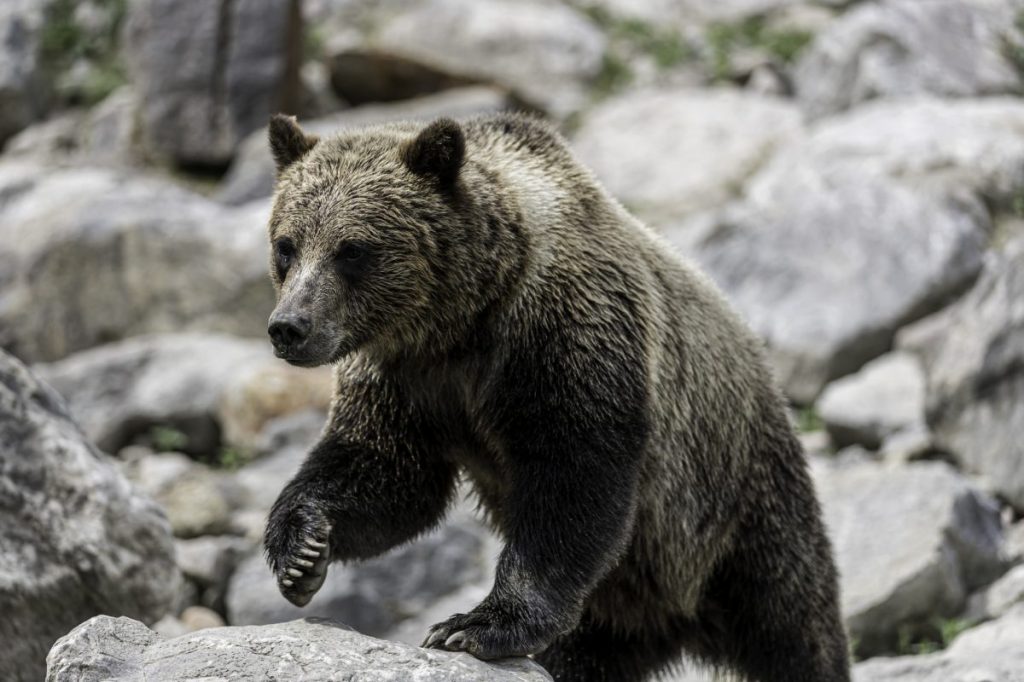Tragedy struck in Canada’s Banff National Park, when a grizzly bear killed a couple and their dog on the night of Sept. 29. According to The Guardian, the victims — who are yet to be identified — were known for their strict adherence to bear safety protocols.
As such, the circumstances of the attack came as a shock to all who knew them. Upon reaching the site of the mishap, park rangers deemed the attack to be an unprovoked act of aggression on the animal’s part. Consequently, they decided to euthanize the grizzly bear to ensure public safety.
Grizzly bear kills couple and dog on hike
The ill-fated journey began with the couple and their dog venturing into the Red Deer River Valley. This region, known for its steep cliffs and rugged terrain, was the next challenge to cross off on these expert backcountry hikers’ bucket list.
According to BBC News, the couple even checked in daily while on their trek, constantly notifying their folks of their whereabouts. These actions highlighted their cautious approach to outdoor exploration.
However, as fate would have it, a sudden ursine assailant cut their trip short. A distress signal from a satellite device reached park staff, requesting help after a bear attack. Wasting no time, Parks Canada immediately assembled a special Wildlife Human Attack Response Team.
As poor weather conditions prevented the use of helicopters, the rangers set out on foot through the mountains. But, when they reached the remote campsite, it was already too late. A grizzly bear had claimed the lives of the couple and their four-legged companion. Park officials had no choice but to immediately euthanize the animal, who was still displaying aggressive behavior.
As such, this fateful incident brought tragedy to all involved: the couple, their precious pooch, and the grizzly bear.
Grizzly attacks are tragic but rare
Experts asserted that attacks of this kind are extremely rare, as most grizzly bears leave the area after a “defensive” encounter. However, this particular bear stayed with the victims, hinting at a possible predatory intent behind this attack.
Kim Titchener, a friend of the victims’ family, also acts as the founder of Bear Safety and More. Commenting on this incident, she said that bears enter a state known as “hyperphagia” during autumn, where they increase their appetite before preparing to hibernate for winter.
During this period, the bear prepares for the harsh winter by feeding and building up their fat reserves. Titchener also added that the growing number of people in the wilderness has contributed to rising human-bear encounters.
“Half the time when people get attacked by carnivores, they’re doing something that’s risky or they don’t have the right gear,” Titchener added. Of course, this incident is more of an exception to that norm, as — in the words of a family member — the couple were “two of the most cautious people [they knew]. They knew bear protocol, and followed it to a tee.” This accentuates the tragedy of the trio, showcasing how fate can take tragic turns even when you take every precaution.
Given that, this heart-wrenching incident serves as a somber reminder of nature’s unpredictability.





